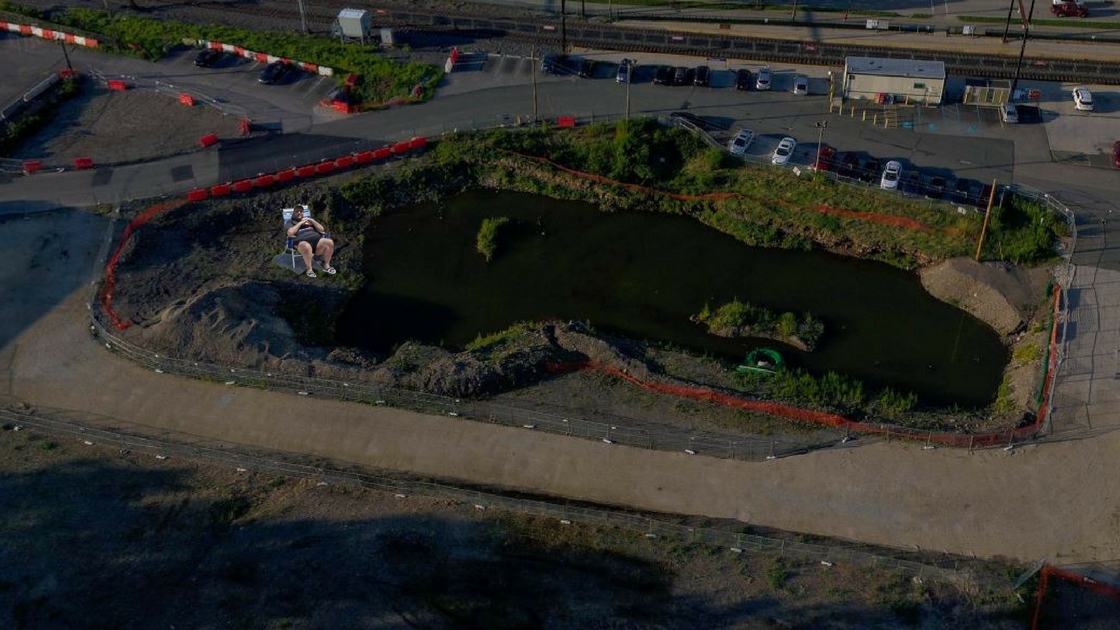Yesterday, Pennsylvania’s first probable human case of West Nile Virus (WNV) infection in 2017 has been detected in a Montgomery County resident according to The Pennsylvania Departments of Health and Environmental Protection. The location within Montgomery County was not revealed. Last September mosquitoes in Conshohocken tested positive for WNV.
“Detecting the first human case of West Nile Virus this year serves as a great reminder for Pennsylvanians to take the proper precautions when they are outside or near areas where mosquitoes are prevalent,” Acting Secretary of Health and Physician General Dr. Rachel Levine said. “There are some simple steps you can take to protect yourself and your loved ones from mosquito-related diseases.”
The mosquitoes that transmit WNV breed in areas with standing and stagnant water. These areas can include urban catch basins, clogged gutters, discarded tires, poorly maintained swimming pools, flower pots and other types of plastic containers.
The stagnant water issue got us thinking about what we like to refer to as “Lake Conshohocken,” the small body of water that has formed behind the Conshohocken Train Station on a construction site (it will eventually be home to 300 apartments). “Lake Conshohocken” formed in an excavated area from the environmental remediation required on the site. We asked Paul Hughes, the director of engineering, licenses & inspections for the Borough of Conshohocken, if the water is being treated for mosquitoes and he confirmed that it is indeed being treated.
If you know about any other stagnant bodies of water you want MoreThanTheCurve.com to inquire about, let us know at kevin@morethanthecurvecom.
Photo: Screen grab from Philly by Air. Chris Christie added by MTTC.

